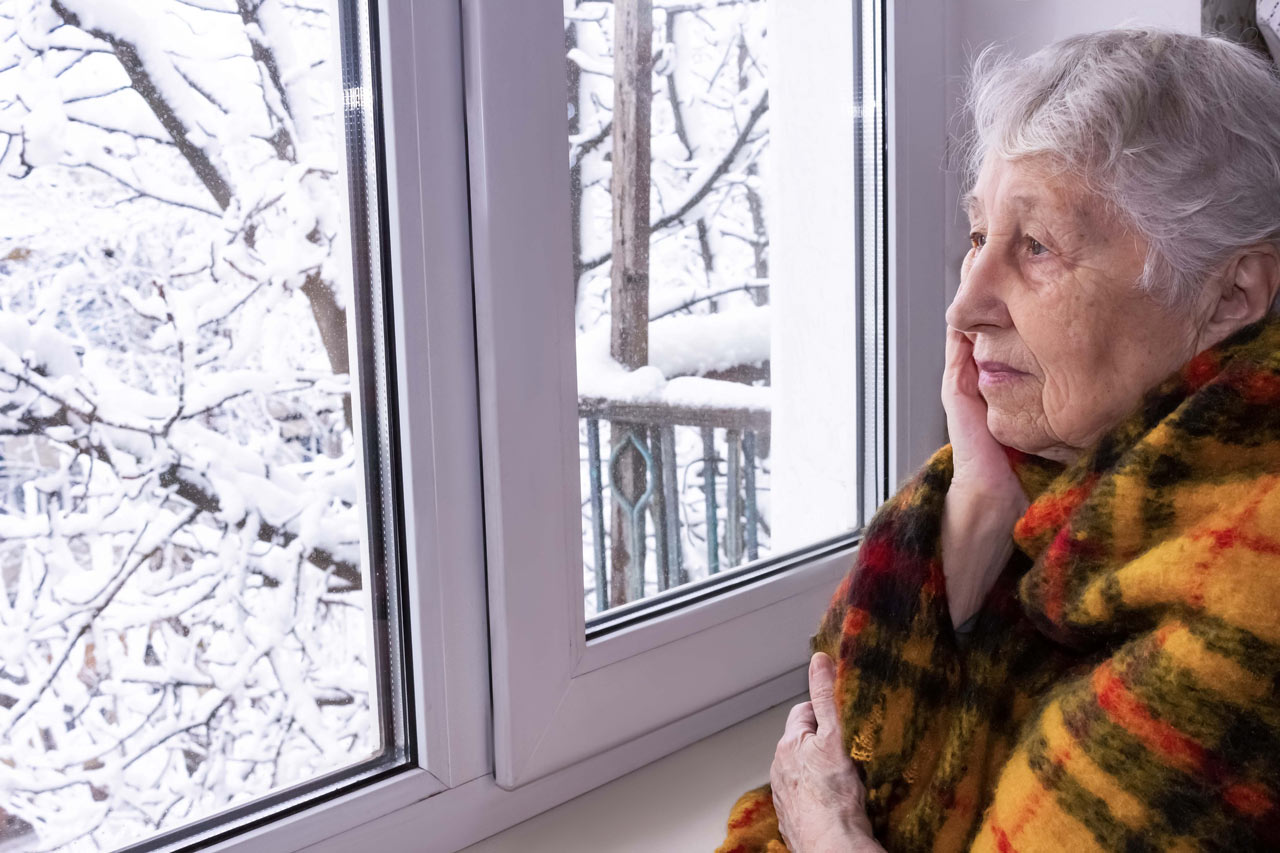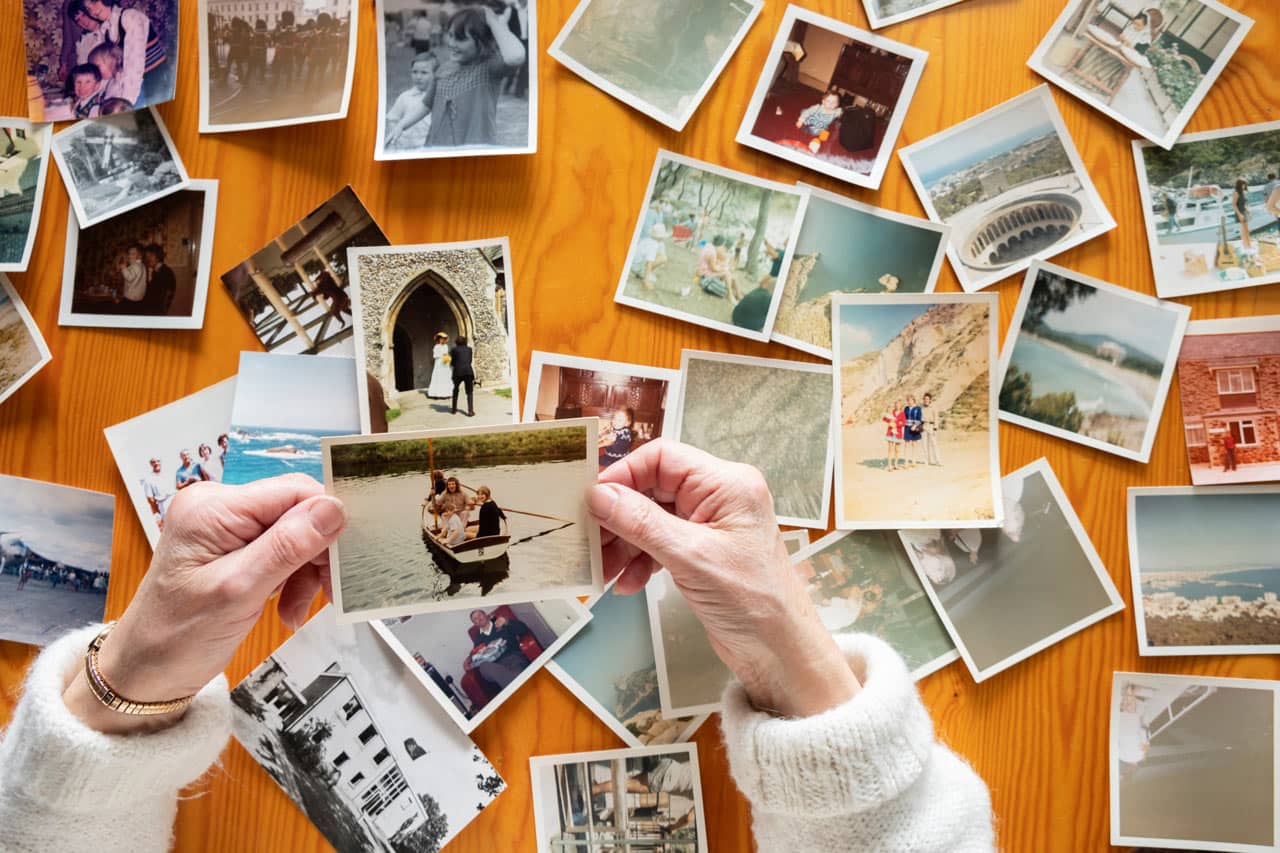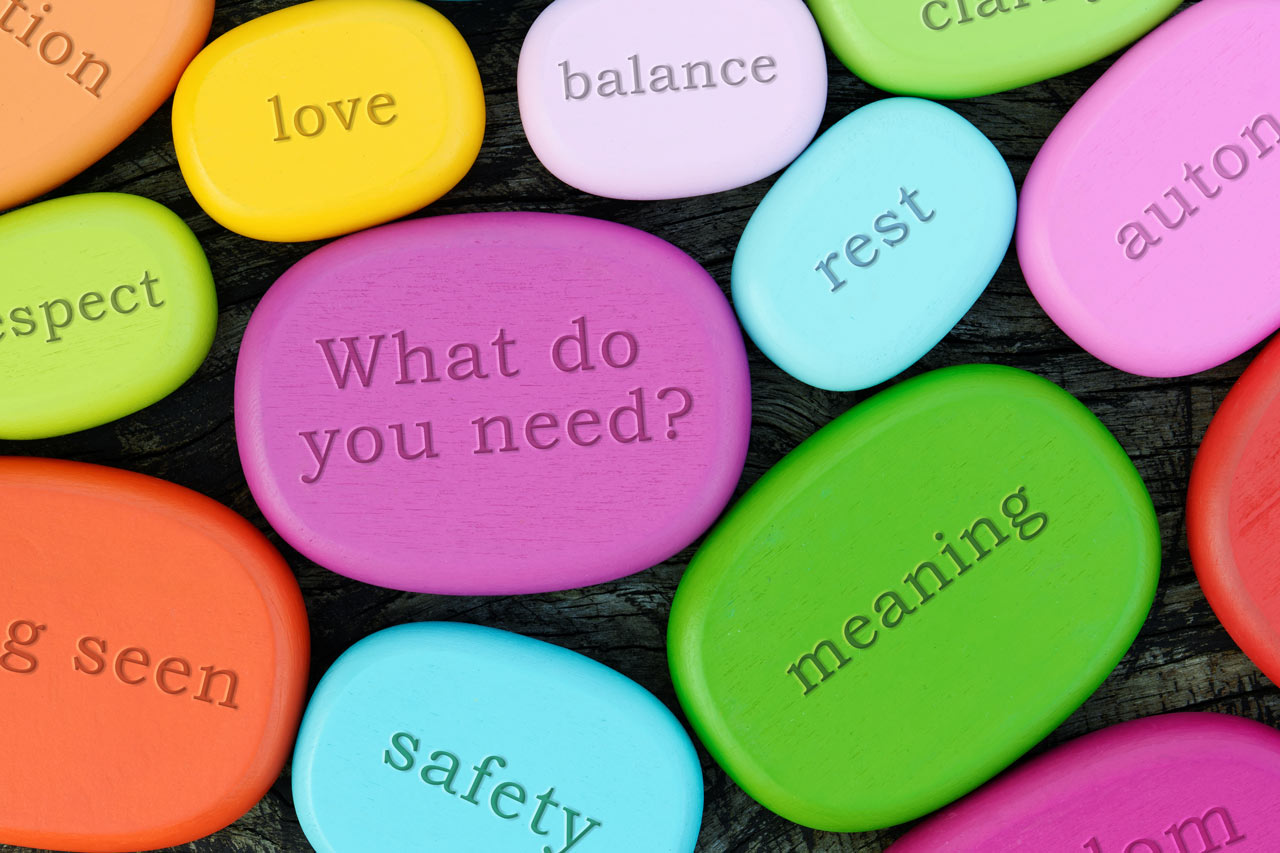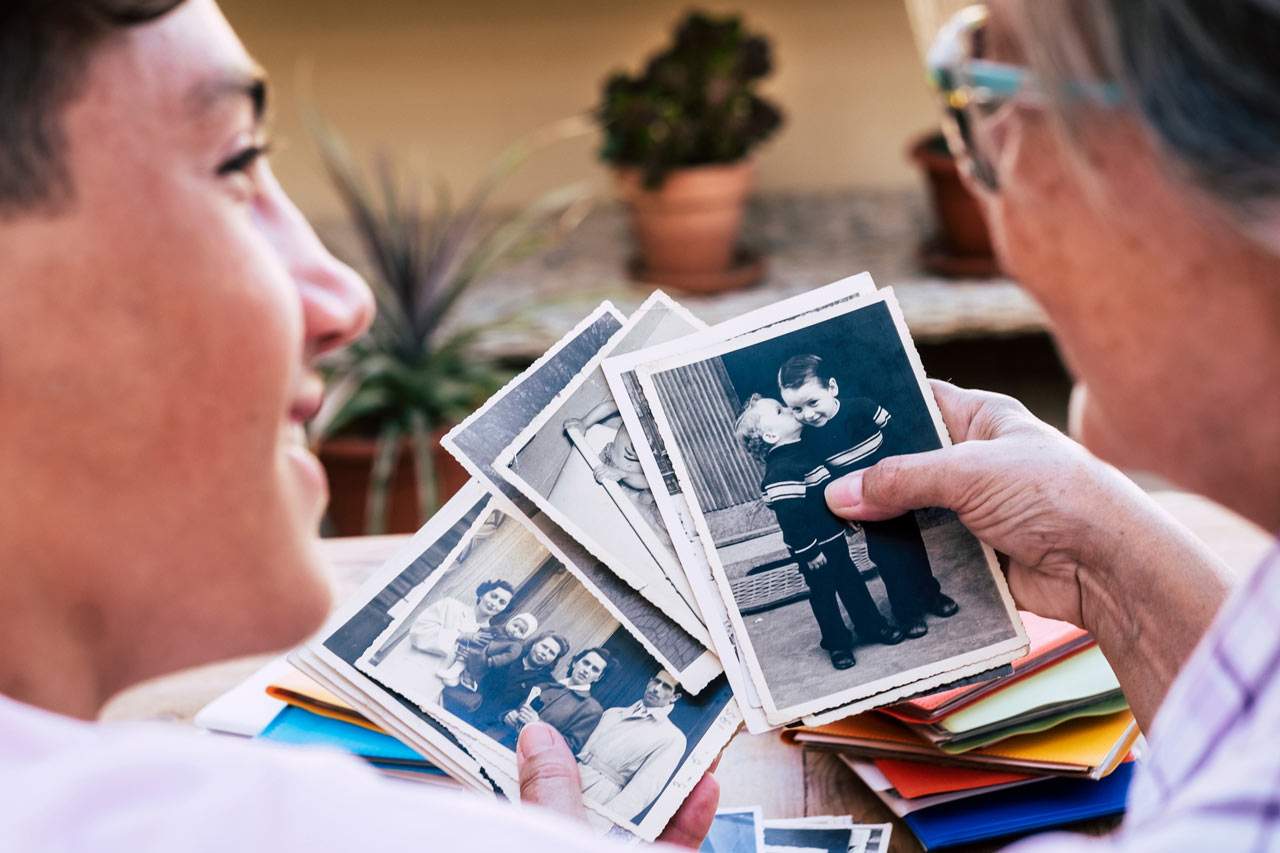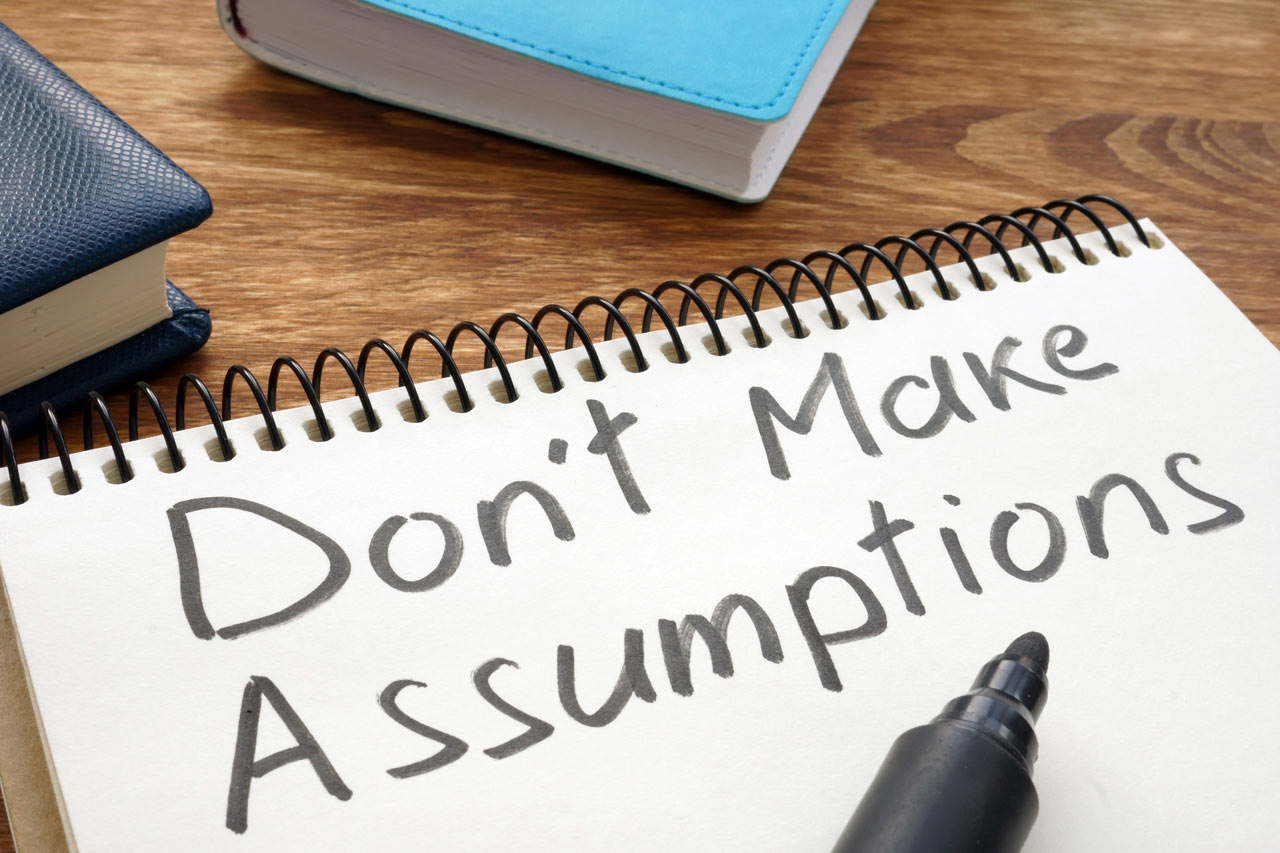Your Jewish patient will be very concerned about Passover. Even non-observant Jews celebrate this important holiday traditionally. Here is what you need to know to help her and help yourself have an enjoyable run-up to Passover and holiday experience.
Passover runs 8 days. It commemorates the miraculous exodus of the Jews from Egypt under the leadership of Moses well over 2,000 years ago. It transformed the twelve tribes became a people who later received the Torah.
Jews are commanded to remember this seminal event many times. The most important one happens each year in the early spring. A re-enactment of the exodus occurs on the first two nights of Passover at the two evening meals called Seders. The main symbolic food of the Passover Seder is matzah, a thin flatbread.
Homes, especially kitchens, are thoroughly cleaned before Passover to ensure that no bread products are present. The counters are covered and special Passover approved products and matzah is bought in advance. Special dishes, pots, and utensils are taken out of storage for the eight days of the holiday. The senior will be very concerned that preparation for Passover is thorough and will devote a lot of time to supervising the cleaning, shopping, and kitchen preparation. It is important to her to observe her traditions fully at this time. She may want to consult her doctor or rabbi about Passover appropriateness of her medications.
There are many rituals, special foods, and text connected with the Seder during which the slavery, the plagues, and the miracles are recalled. Four cups of wine (or grape juice) are drunk at particular points in the service which concludes with Joyous songs of thanksgiving. Children are given a special role at the Seder, ask questions, and are given answers about the important early history of the Jewish people.
Personal history is also a subject at the Seder table. It is customary for family elders to recount tales of survival from their own history. Holocaust survivors and other refugees tell their family stories of miracles, persecution, and perseverance. This is a night when holocaust survivors may open up about their horrific experiences and/or childhood Passovers in the old country. For many seniors, it can be comforting to tell their stories to the next generations.
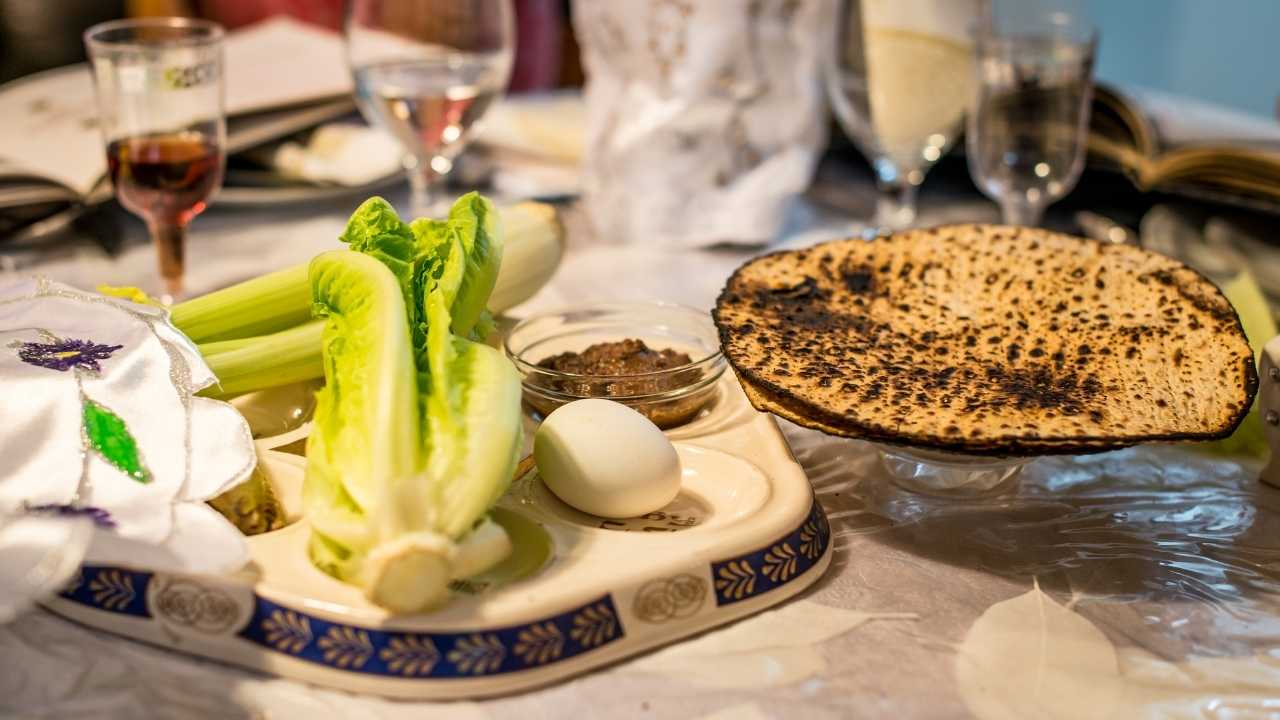
The Passover seder is celebrated with family and friends. Often seniors join their families or families converge in the ancestral home. The seder is never celebrated alone. The Covid years were the big exception.
The table is set with special Passover dishes that are reserved for the holiday and candles are lit at the start of the service. Each participant drinks the traditional cups of wine/grape juice and eats other symbolic foods so a lot of cutlery, glasses, and dishes are in use. Everyone contributes to the discussion which is led by the patriarch of the family. All participants are dressed up and the children bring books, celebratory items, and crafts they have prepared for the important night. The night runs late.
After the first two days of Passover come five intermediate days. Then come two more days at the end which also have festive holiday meals with services in the synagogue like the first two days. On the eighth day, a special service to remember loved ones who have passed on is said in the synagogue. Your senior will probably want to attend synagogue for that service on April 4, if s/he is able. S/he will light a special memorial candle the night before (April 3) as the final day of the holiday begins.
Preparing for Passover may be laborious but the actual holiday is a joyful one. Happy Passover with your senior!


